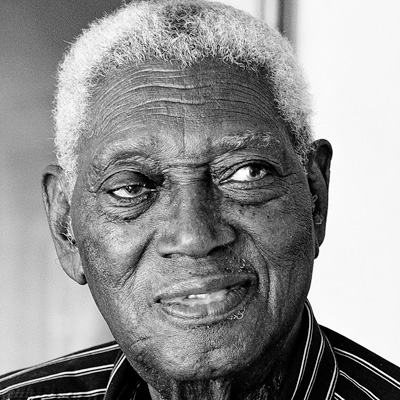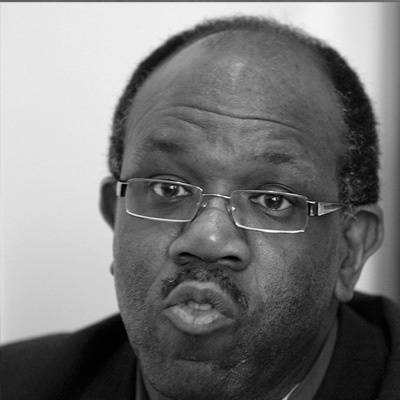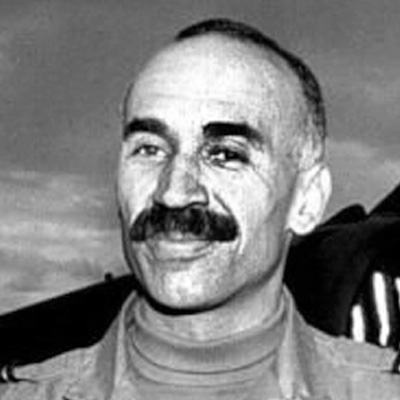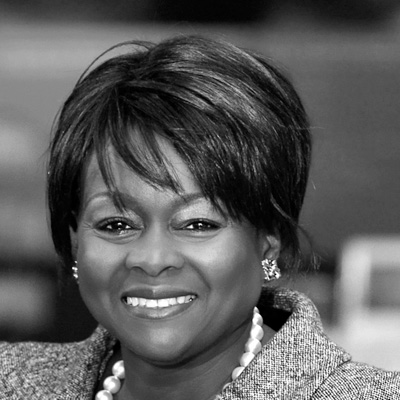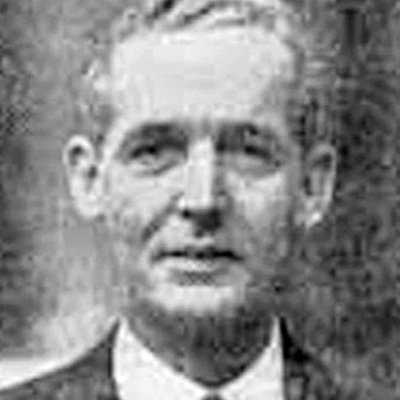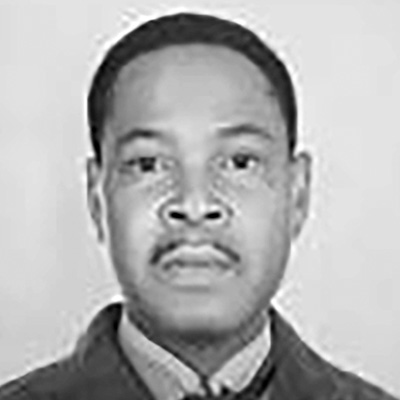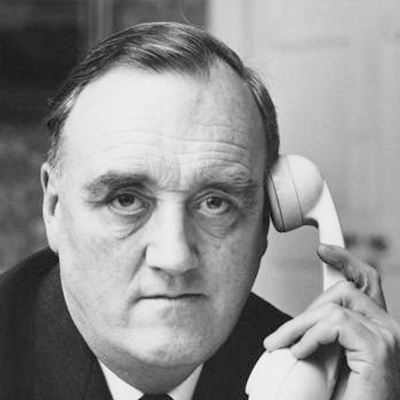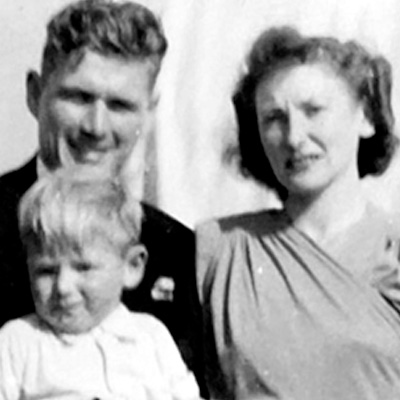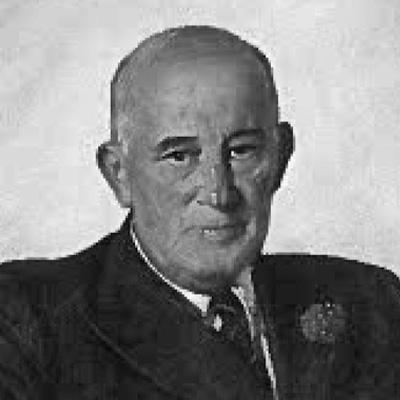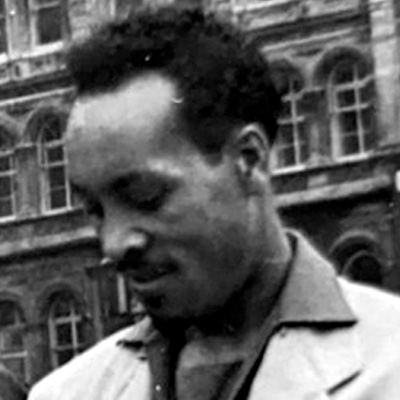Dudley Anderson
PIONEERS
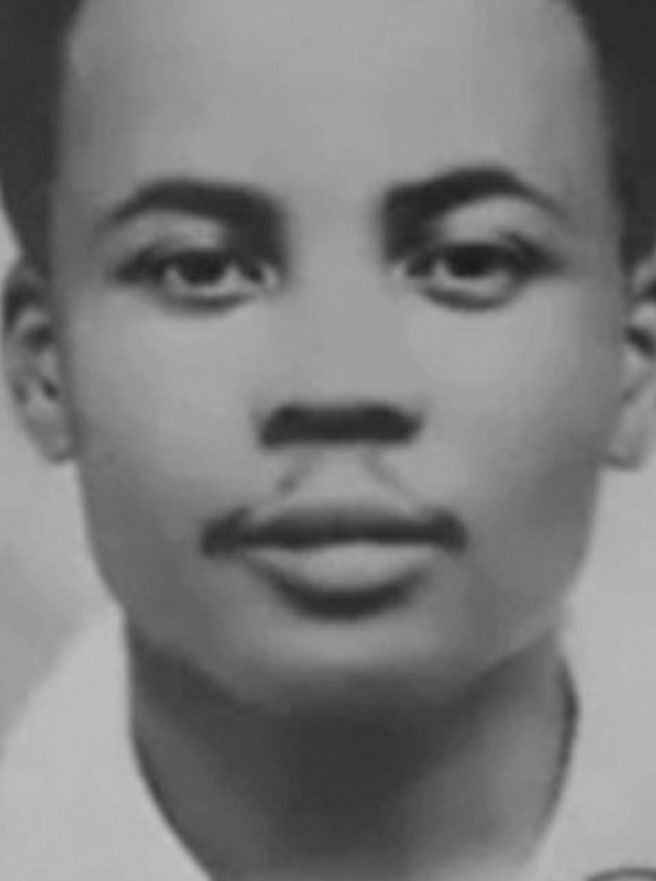
‘Young man made London his home after RAF stint’
1925 - 2014
Share this:
When he set off from Kingston on the Empire Windrush, he was familiar with England, having served there with the RAF during the Second World War.
He enlisted on September 25, 1944, and was part of the second contingent of West Indian volunteers that was posted to RAF Hunmanby Moor near Filey in Yorkshire in November of that year. He would later serve as a medical orderly.
Before being demobbed, the RAF offered him the opportunity to train for a civilian trade. Dudley chose bookkeeping and typing, attending Wednesbury Commercial College in Dudley in the West Midlands. After completing the course he returned to Jamaica in 1947 but could not settle. When he heard about the Windrush, he used some of his RAF bursary to pay for a ticket back to England.
Like many, he enjoyed the voyage and recalls being entertained by the calypsonians on board, particularly Lord Kitchener and Lord Beginner from Trinidad.
He spent his first few nights back in England at the Clapham South Deep Shelter that had been set aside as makeshift accommodation for any Windrush passenger that needed it. While there, several BBC officials visited to recruit trainee engineers. Dudley applied and was sent to
Cardiff. However, he turned down a permanent post when he learned it would have meant returning to Jamaica.
He made his way back to London but found it difficult to secure employment or accommodation. He worked as a road sweeper for 12 months before finding a job as a fitter with a telephone company as well as a bed in a hostel in Paddington.
Fed up with hostels and sharing with a large number of people – in 1953 he was living at 39/41 Warrington Crescent in Paddington with 41 other adults – Dudley resolved to buy a property of his own. By 1957 he had purchased a house in Alexander Street, Paddington, and in the 1960s he owned another property on Fernhead Road, Paddington.
He later worked for Post Office Tele- communications and Standard Telecom in London before becoming a security guard at the National Gallery, his last job before he retired.
Dudley enjoyed a lively social life and would recall dressing up in his best clothes every Saturday and going to clubs like the Paramount in Tottenham Court Road where West Indian men showed young English women how to dance the jitterbug.
He died on July 2, 2014, while living at Nigel Close, Northolt, west London. He is buried at nearby Greenford Park Cemetery.
Share this:

